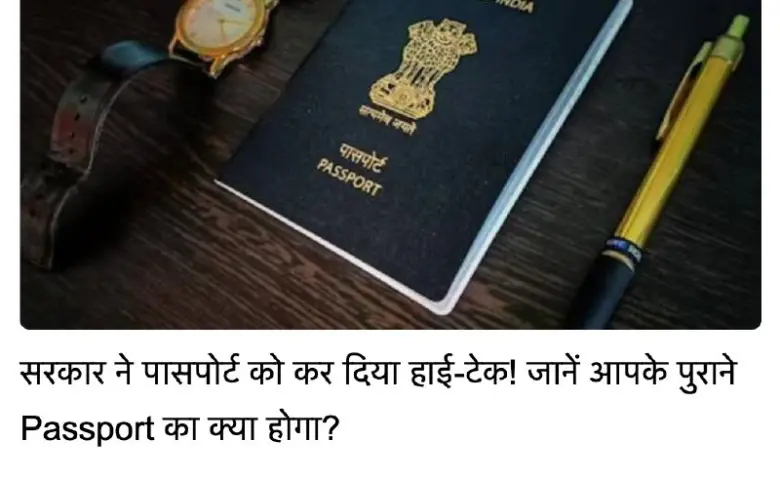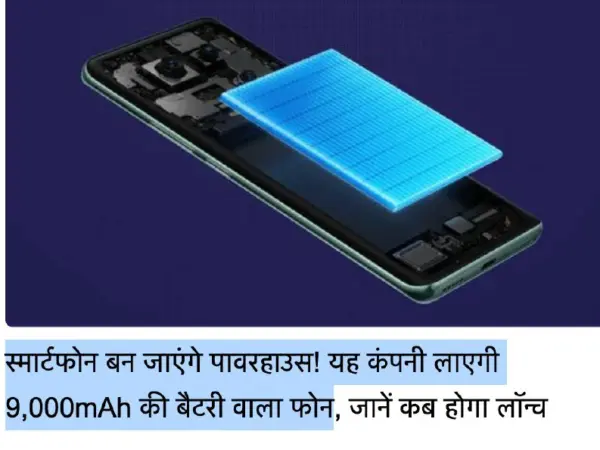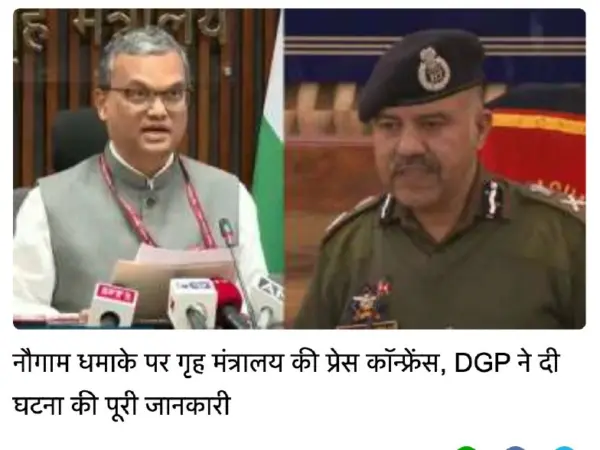What’s inside:
This article shares important updates about the new e-passport system in India and how it affects both new and existing passport holders.
The Government of India has launched the Passport Seva Program V2.0, which introduces an e-passport system across the country. This change means that all new passports and renewals will now come with a chip, enhancing security and speeding up the immigration process.
From now on, only e-passports will be issued, both in India and at embassies abroad. Existing passport holders can continue using their old passports until they expire. Once expired, they will need to get a new e-passport with a chip.
People who have old passports can still use them without any issues as long as they are valid. When a passport expires, it will be replaced with a new one that has the chip. New applicants won’t have to fill out any extra forms, making the process simpler.
Here are the key points to remember: e-passports will include a small golden chip that holds biometric and personal data. The upgrade will happen automatically when applying for a new passport. This new system aims to improve passport security and streamline immigration.
Expect to see e-passports being issued for all new applications and renewals. Old passports will remain valid until their expiry, after which only chip passports will be available. This is a part of the government’s effort to enhance the overall passport experience.
Summary:
- India has launched an e-passport system under Passport Seva Program V2.0.
- Only e-passports with a chip will be issued for new applications and renewals.
- Old passports remain valid until their expiry date.
- New applicants won’t need to fill out additional forms.
- The aim is to enhance security and speed up the immigration process.





